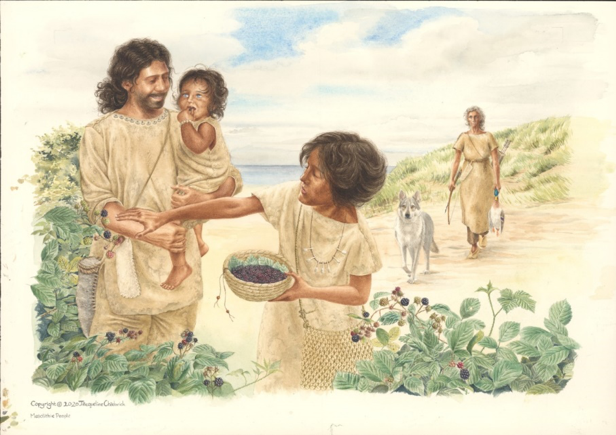Collaboration: the key to post-Covid recovery
Helping people to acquire key digital skills is vital to the recovery post-Covid as we all know. However, one issue that we are seeing at a global level at People 1st International is just how important it is for the efforts of employers, banks, NGOS, other funding bodies and government agencies to be aligned, so that key stakeholders are in the loop on key initiatives. This will both ensure that there are no unnecessary overlaps between projects, and that funding for skills development is spent in the best possible way.
Continue Reading





